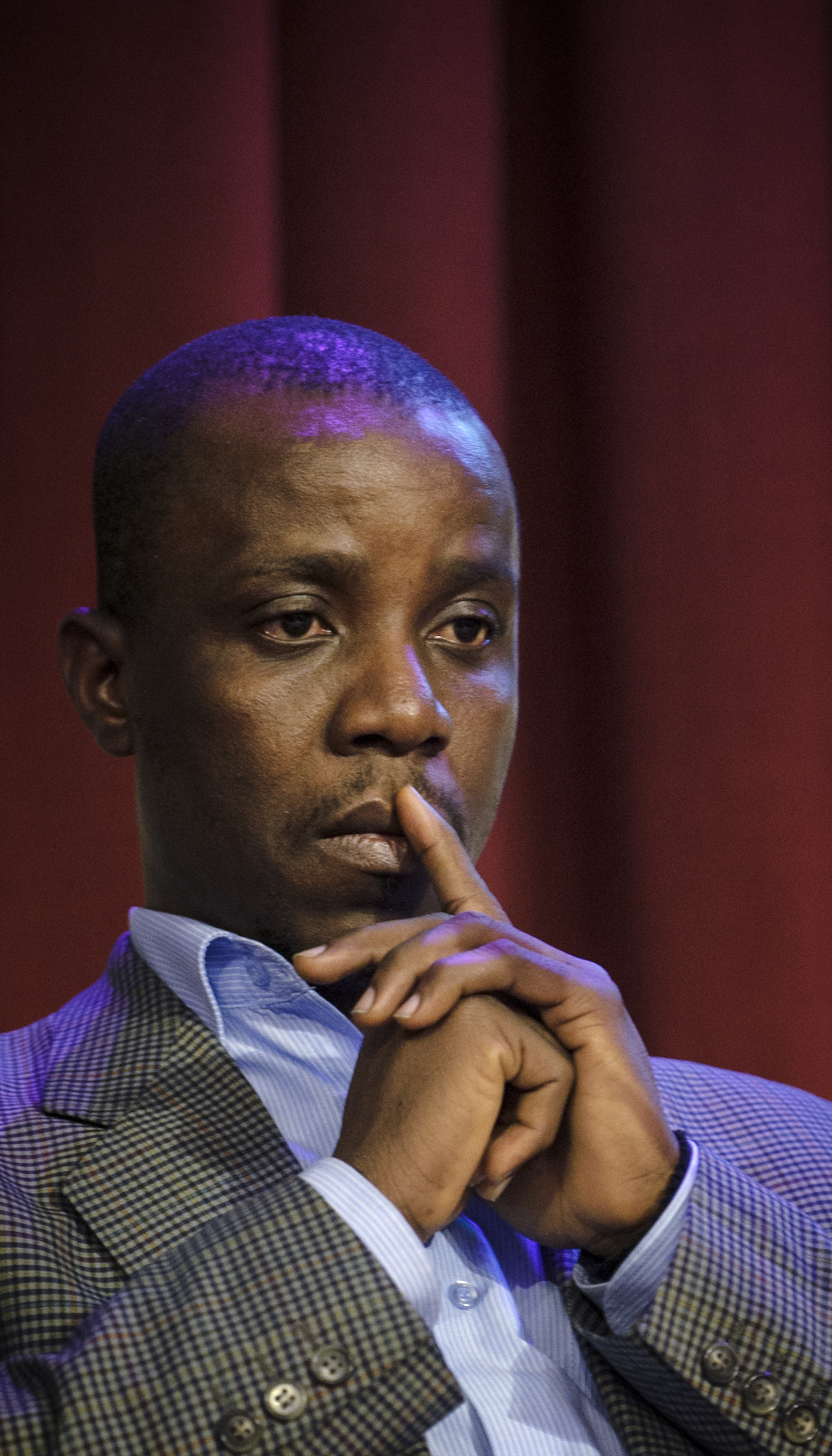- Blog
- Sustainable Economic Systems
- Ebola and extractivism: An interview with Silas Siakor, director of Friends of the Earth Liberia
Ebola and extractivism: An interview with Silas Siakor, director of Friends of the Earth Liberia

Donate Now!
Your contribution will benefit Friends of the Earth.
Stay Informed
Thanks for your interest in Friends of the Earth. You can find information about us and get in touch the following ways:
NOTE: An edited version of this interview has been published on Truthout under the title “Deforestation, ‘Development’ Connected to Spread of Ebola in West Africa”, and a full version has been published on Medium.com.
It is clear that the spread of ebola in West Africa is directly linked to the region’s deep poverty — out of 187 countries on the United Nations’ Human Development Index, Liberia, Guinea and Sierra Leone rank number 175, 179 and 183, respectively. But, while it is easy to recognize the links between poverty and the spread of the virus, the current crisis should also turn our attention to the root causes of the region’s impoverishment. Along with the world’s deepest poverty, West Africa is in the running for the region with the highest deforestation rate in the world, and researchers have drawn clear links between this resource exploitation and the outbreak and spread of ebola.
It would appear ironic that Liberia, among the world’s poorest countries, also has the highest ratio of direct foreign investment. But the bulk of this investment goes into extractive sectors – mining, logging, and agribusiness – which benefit corporate investors while devastating the nation’s resource base. Richly endowed with water, mineral resources, forests, and a climate favorable to agriculture, Liberia has historically been a producer and exporter of basic products, primarily raw timber and rubber. Since Liberia’s civil war ended in 2006, the nation is reviving those sectors. But the extractive industries and the nation’s small manufacturing sector remain dominated by foreign interests.
The global health activists at Peoples’ Health Movement argue that a broad response to ebola requires understanding not only the pathology of the disease, but the pathology of the global political and economic architecture that underlies it. This pathology is exemplified by the resource curse playing out in Liberia. I recently spoke with Silas Siakor (above), director of Sustainable Development Institute/Friends of the Earth Liberia, on the link between the ebola epidemic and the ruthless exploitation of forest resources in the region.
Jeff Conant: Do you see a relation between the ebola crisis and deforestation?
Silas Siakor: Those who are knowledgeable about the relation between the increasing human contact with wildlife, some of which have been noted as carriers of the ebola virus, attribute that to the increasing deforestation in the region. Deforestation in West Africa is continuing in an alarming way. Most of the forest cover in the entire upper Guinean forest ecosystem, has been lost. Liberia is the only country in the region that retains a significant cover of rainforest. So, it is understandable that scientists are pointing out that there may be a link between declining forest cover, increasing human contact with wildlife, and the ebola outbreak.
Would the increased contact with wildlife result from wildlife losing its habitat and entering areas where human beings live?
Across West Africa we are seeing lots of agribusinesses coming into the region. It’s not new but it is now being taken to a very severe scale, and they are decimating the last remaining plots of forest. So there is increasing loss of habitat for bats, for chimpanzees, and as a result, increasing contact with human communities. That’s where our leadership needs to look at the Ebola crisis as a wake-up call: to begin to think “Well, if diminishing forests and ecosystems are a problem, if increasing human-wildlife contact is a problem, than we need to take additional steps to avoid the situation getting worse.”
Note: SDI’s Community Action and Support Team is working day and night in Liberia to stem the crisis by distributing sanitation kits to prevent the spread of infection. Donate now to support their work.
